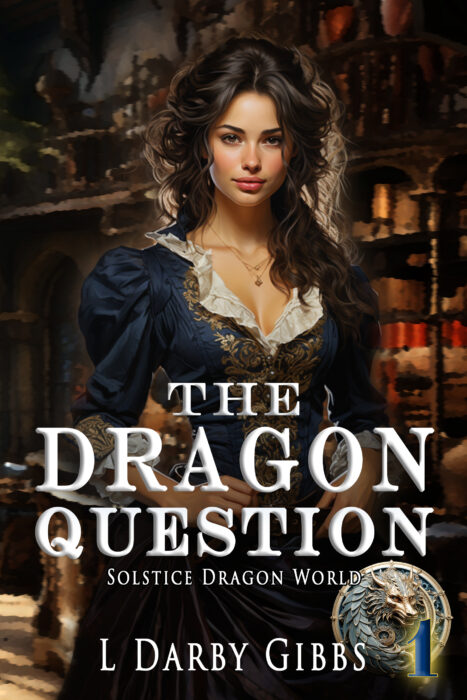I write time travel novels, and one of the features that stands out when a character travels in time is fitting in with the culture. That includes clothing, behavior, hair styles, social interaction and such. Since my characters move about in time, I have had to research to make sure that Mick is wearing the…
Tag: Next Time We Meet
February 19, 2014
January 29, 2014
Branch of the family tree, okay vine. Often when I read science fiction, the main characters and certainly the supporting and stock characters rarely have family. I don’t mean they don’t ever have family, but family is not the cause of change or action in them. Family is window decoration in most novels. Yet family…
